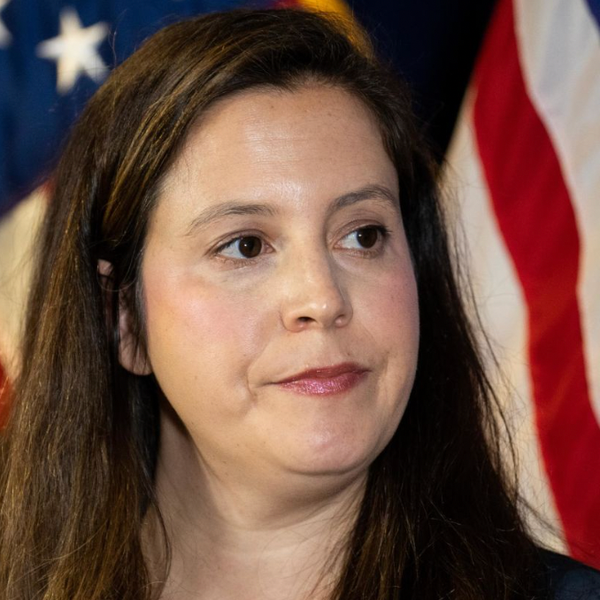
New Hampshire has been tough ground for Hillary Clinton. The former New York senator and secretary of state started this election season with a huge advantage over Bernie Sanders in the Granite State, and then watched for months as Sanders’ popularity with New Hampshire’s Democratic voters grew alongside his name recognition. Hours before the good people in Dixville Notch cast their midnight ballots, the UMass/7News tracking poll had Sanders up 16 points over Clinton. Real Clear Politics’ average of reliable polls had Sanders up by 12.8 points, and the Franklin Pierce University-Boston Herald poll has the difference at seven points.
Stumping in Milford on Sunday, Bill Clinton criticized Sanders for excerpting language complimentary of him from newspaper endorsements of Hillary, and said Sanders supporters had gone after journalists like Joan Walsh with sexist attacks for their support of Clinton.
The Clinton camp has sought to downplay expectations, even after Clinton herself rejected advice to leave New Hampshire early to get a head start in Nevada or South Carolina, important primary states with votes on February 20 and 27, respectively.
Surprising as the enthusiasm gap may have been to Clinton, who won New Hampshire’s primary in 2008, Sanders has outspent her 3-to-1 on television ads in recent weeks, fueled by strong fundraising in January.
Still, New Hampshire is known as a “late-deciding” state, where voters take their time and often meet candidates on multiple occasions before finally making their choice. In short: don’t believe the polls.
In 1992, Bill Clinton used an unexpected second place finish in New Hampshire to rev up his struggling campaign, which had been dragged down by scandals and poor polling. Should Hillary place second this time around, no such celebration is in order.
Picture: U.S. Democratic presidential candidate Hillary Clinton speaks at a campaign town hall meeting at South Church in Portsmouth, New Hampshire, December 29, 2015. REUTERS/Brian Snyder








